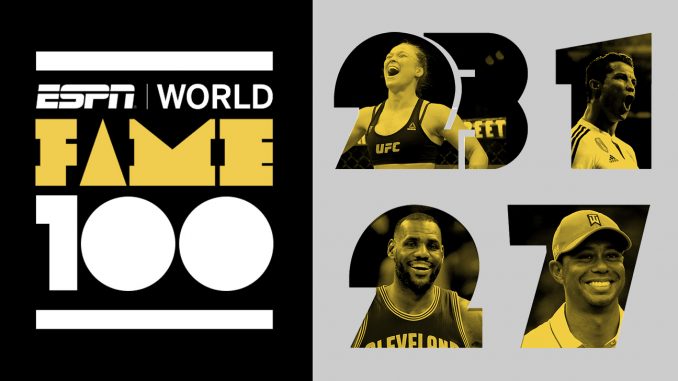
Female athletes have come a long way — from not being allowed to compete in the Olympics to earning the attention and respect they deserve, we at The Oracle want to highlight some of the more inspiring and empowering female athletes, and those who have made a difference in their world of sport.
“Babe” Didrikson Zaharias was a multi-sport athlete, held many Olympic titles and was the first woman to compete in a Professional Golfers Association Tour (PGA) in 1938. At the peak of her professional golfing career, she went on to win 14 consecutive tournaments, and was a founding member of the Ladies Professional Golf Association.
Billie Jean King had a number of accomplishments that go far beyond her famed “Battle of the Sexes.” According to the International Tennis Hall of Fame, she was the first female and first tennis player named Sports Illustrated’s Sportsperson of the Year. She is the founder of Women’s Sports Magazine and the first female athlete to receive the Presidential Medal of Freedom from President Barack Obama.
Wilma Rudolph was told as a child she’d never be able to walk again after a polio diagnosis. She went on to not only walk, but to win three gold Olympic medals in track and field.
Mia Hamm is a retired professional soccer player who has two World Cup Championships and two Olympic gold medals under her belt. According to the Smithsonian Women’s History Museum, Hamm co-founded America’s first professional women’s soccer league, the Women’s United Soccer Association.
You may have heard of all, some, or none of these names, but what do they have in common? These are just four female athletes in history who battled and overcame adversity to prove they belonged.
Even when we admire all these amazing accomplishments, we must remember that female athletes should not have to win an Olympic medal in order to be acknowledged.
In 2016, ESPN began publishing a yearly “World Fame 100” detailing what they describe as “the most famous athletes.” In 2018, only 12 women made the list. (Serena Williams clinched the 12th place position but most of the other females were in the 80s).
These kinds of lists don’t show that ESPN is sexist, just that women still have to fight for respect and remembrance, whereas people like Conor McGregor (fifth on the list in 2019) continue to be honored, even after they repeatedly lose. ESPN stopped with these lists in 2019, but after Williams dropped five places in the span of a year, it begs the question if she would have even made the list in 2020 or 2021.
It’s easy to get caught up in our own biases — trust me readers, I too am guilty of praising male athletes more than female ones, because that’s what sports media heavily focuses on. So, until the world catches up, it is important to take the time to do outside research on female athletes who deserve the same attention, respect and recognition as men.

